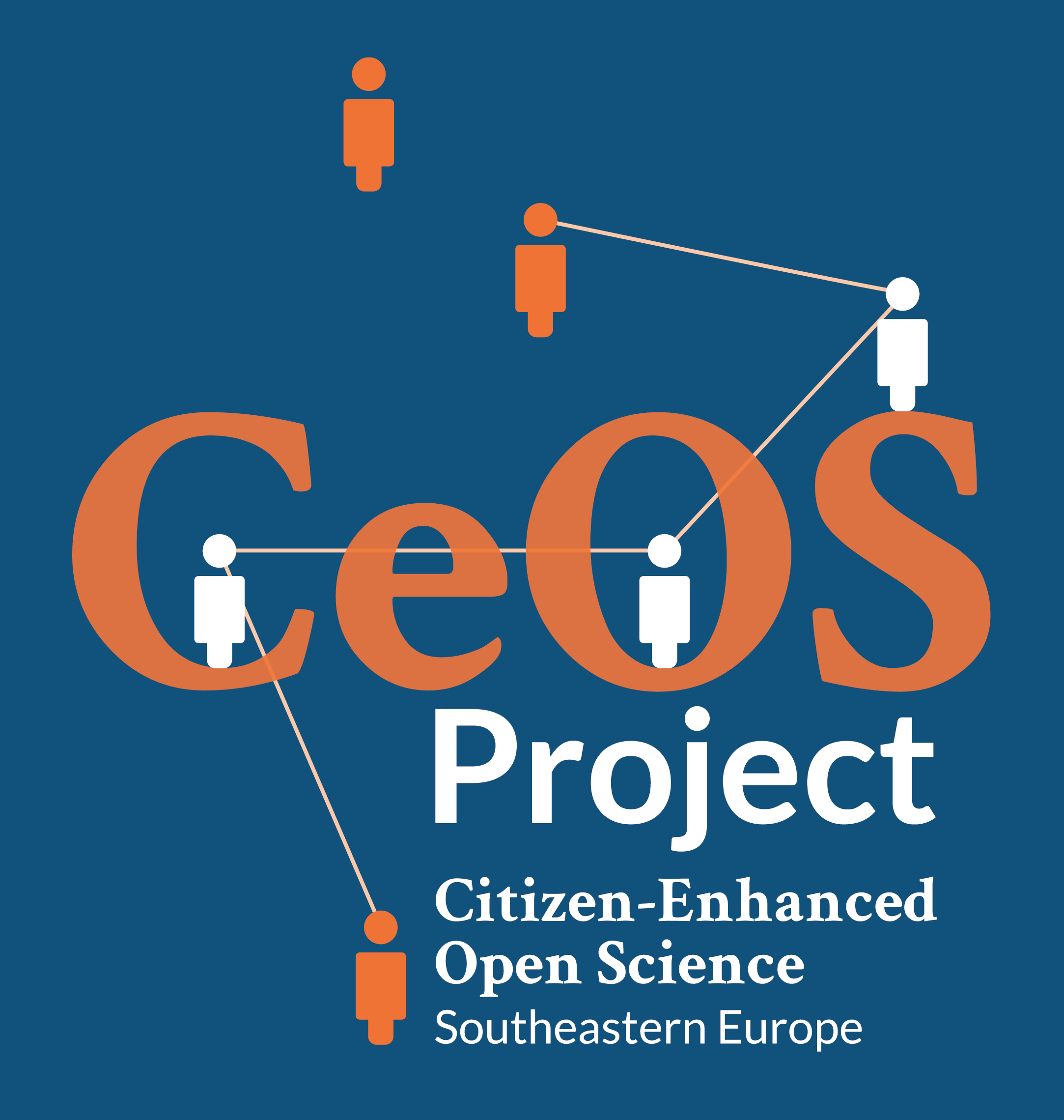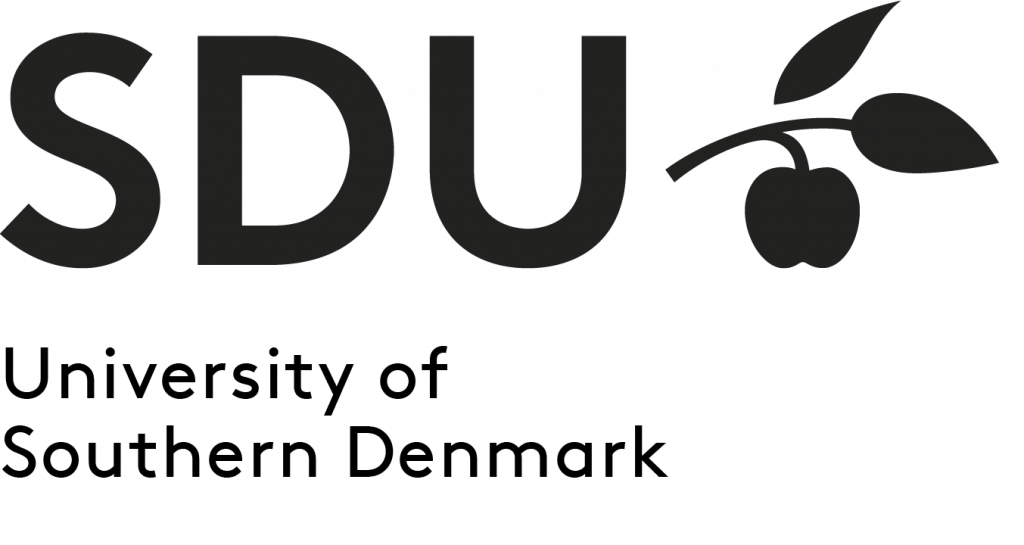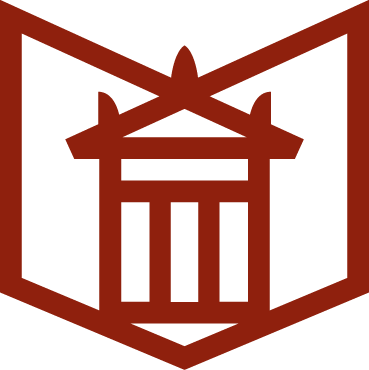Citizen science is one of the pillars of Open Science, and an important one too. Citizen science is enjoying a boost by organisations, institutions, and the European Union, further emphasising how important it is for the future of science. CeOS_SE project results 5 focused on the long-term sustainability of citizen science, starting with the Higher Education Institutions (HEIs). With this activity, CeOS_SE aims to provide solutions for HEIs staff who want citizen science in their curricula, but also guiding them regarding the training materials and resources to build their skill capacity and enhance the collaboration between HEIs staff, researchers, and students.
The core activities of PR5 were to identify and to find ways to build capacity and to provide professionals in HEIs formal training for that to become possible. As preliminary landscape research shows, citizen science has not been particularly included in the curricula of the HEIs. However, there are limitations to that research since most of the online search was conducted in the English language. The plan we implemented included a survey addressed to students, of all ranks, in Europe. Collecting what their views on citizen science is and if the institution they attend offers any sort of curricula on citizen science. The reasoning behind collecting both the students’ and the faculty staff’s opinions are to generate a conversation encompassing what the students envision about their curricula and what the institutional staff can offer and how to build the skills and implement them. The survey was sent to students at the academic year begins in Southeastern Europe.
Survey Insights
There were 277 respondents in total. Out of the 277, 271 responses came from the countries that partake in the CeOS_SE project. The distribution of the 271 answers between the CeOS_SE countries was as follows:
- Croatia, 111 responses
- Bulgaria, 86
- Serbia, 45
- Greece, 24
- Denmark, 3
- Italy, 2
The remaining 6 answers came each from Slovenia (2), Hungary (1), Portugal (1), Slovakia (1) and Poland (1).
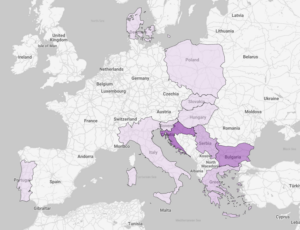
Two of the questions in our survey were whether the participants knew what Open Science is (figure 2) and what Citizen Science is (figure 3). For both questions, the majority of the answers were negative. Out of 275 respondents, 158 (57.5%) did not know what Open Science is while the remaining 117 (42.4%) did. Regarding the knowledge of Citizen Science, there were 277 responses. With 223 negatives answers (80,5%), we observe that the knowledge of Citizen Science is lacking in the respondents.
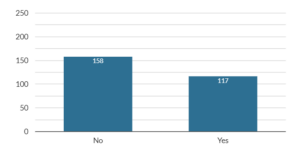
We also inquired about the experiences the respondents had with Citizen Science concepts in their curriculum. If they ever encountered or noticed Citizen Science being used as part of their curriculum. With 276 responses, it was a landslide win for the “No” as 247 of them, or 89.5%, have never noticed anything Citizen Science in their curriculum, while only 29 respondents, 10.5%, answered that they have noticed Citizen Science in their curriculum.
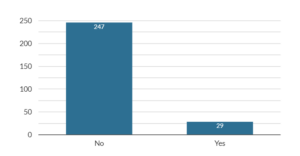
Interviews
Moreover, professors and researchers from Library and Information Science departments in the region of Southeastern Europe shared their experiences and approach of Citizen Science in video interviews.
We did these interviews thanks to our CeOS_SE partners in Southeastern Europe. Each partner conducted interviews in their respective countries. The interviews were taken in Bulgaria, Croatia, Greece, Italy, and Serbia.
Almost all the interviewees have had some connection to Citizen Science, either by implementing it in their curricula or by being part of a Citizen Science project. Professors Marijana Tomić and Tomislav Ivanjko, from University of Zadar and Zagreb respectively, made connections to Citizen Science and the Digital Humanities field. Professor Ivanjko leads a research programme called “Citizen Science in Social Science and the Humanities”, having written a book with the same name as well.
Tomislav Ivanjko: “The heritage sector is very, very suitable to be sort of the starting point of something that would connect researcher with academia and Citizen Science.”
In Greece, Professor Emmanuel Garoufallou, from the International Hellenic University, has participated in Citizen Science projects himself and has tried to integrate Citizen Science in the curriculum. While not yet completely successful he shows a deep interest in trying to make it work and incorporate Citizen Science in the curriculum.
Emmanuel Garoufallou: “It’s connected to the libraries. If not librarians, then whom?”
Professor Pierluigi Feliciati, from the University of Macerata, has a deep knowledge of Citizen Science and has organized several Citizen Science activities. He highlights the necessity of librarians in Citizen Science and how Citizen Science helps with media and information literacy.
Pierluigi Feliciati: “The Wikimedia world is a very interesting ecosystem, where to involve people in studying, in training their information literacy competencies, in knowing where they are, what is their heritage, what is their elements of identity.”
Author: Theodora Karaiskou, University of Patras
